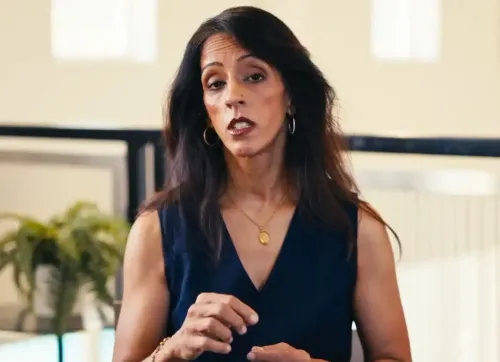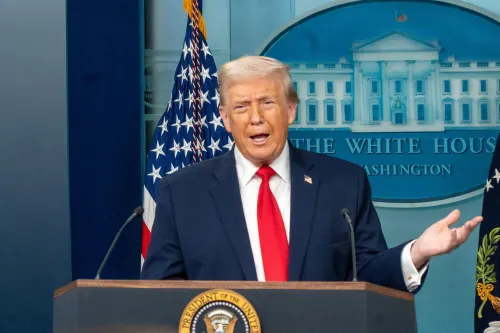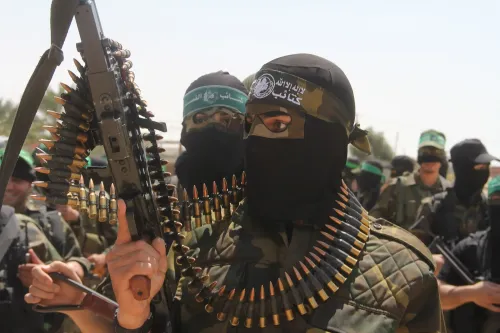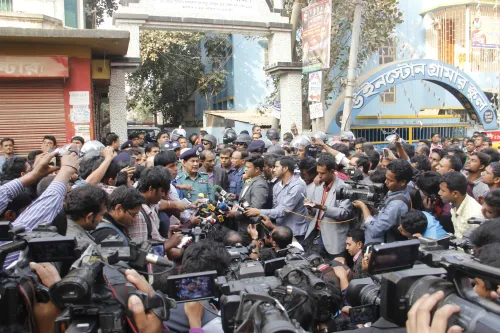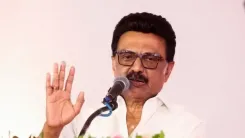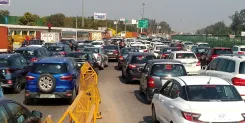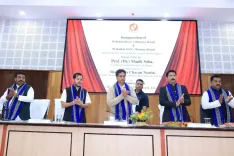What is the significance of PM Modi's arrival in Kananaskis for the G7 Summit?

Synopsis
Key Takeaways
- PM Modi's participation highlights India's rising global significance.
- The Summit will address critical issues facing the Global South.
- Strengthening bilateral relations is a key focus during this visit.
- Global cooperation on terrorism will be a major discussion point.
- India's consistent involvement in the G7 underscores its commitment to international collaboration.
Kananaskis (Canada), June 17 (NationPress) Prime Minister Narendra Modi arrived in Kananaskis, Alberta on Tuesday to participate in the 51st G7 Leaders' Summit hosted by Canada.
This marks India’s 12th involvement and PM Modi’s sixth appearance at the Outreach Session of the G7 Summits. With India being one of the largest global economies, its consistent invitation to the Outreach session underscores its rising significance within the group.
Analysts observe that despite the G7 displaying signs of fragmentation, India has maintained a steady course under PM Modi's leadership over the last 11 years.
Since 2014, several leadership transitions have occurred in G7 countries: the United Kingdom has seen six Prime Ministers, Italy five, Japan four, Canada three, while the United States has had four Presidents, France two, and Germany three Chancellors.
PM Modi landed in Calgary early Tuesday morning as part of a three-nation tour including Cyprus, Canada, and Croatia. During his nearly 24-hour visit to Canada, he will attend the Outreach Session of the Summit and engage in crucial bilateral meetings with global leaders before departing for Zagreb early Wednesday, India time.
As he mentioned while leaving New Delhi, this trip aims to express gratitude to partner nations for their unwavering support in India's battle against cross-border terrorism, and to foster global collaboration in addressing terrorism in all its forms.
“I have arrived in Calgary, Canada, to participate in the G7 Summit. I will be meeting various leaders and discussing critical global matters, emphasizing the issues concerning the Global South,” PM Modi tweeted upon his arrival in Canada.
The Group of Seven (G7) comprises seven of the world's advanced economies: France, United States, United Kingdom, Germany, Japan, Italy, Canada, and the European Union.
During the Summit, PM Modi is set to interact with G7 leaders, including French President Emmanuel Macron, UK Prime Minister Keir Starmer, Italian PM Giorgia Meloni, Japanese Prime Minister Shigeru Ishiba, German Chancellor Friedrich Merz, and European Commission President Ursula von der Leyen, along with Canada's Prime Minister Mark Carney.
On the sidelines, he is expected to meet with Ukrainian President Volodymyr Zelensky, Brazilian President Luiz Inacio Lula da Silva, United Nations Secretary General Antonio Guterres, and leaders from various outreach nations and international organizations.
Other notable leaders attending the Summit include Mexico President Claudia Sheinbaum, South Korean President Lee Jae Myung, Australian PM Anthony Albanese, and South African President Cyril Ramaphosa.
Significantly, India has consistently highlighted the challenges faced by the Global South during its previous G7 interventions.
“The Summit will serve as a platform for discussing urgent global challenges and the priorities of the Global South,” PM Modi expressed in his pre-departure statement on Sunday.
PM Modi’s visit is timely for India-Canada relations, which Carney is striving to mend after the tensions created during former Prime Minister Justin Trudeau’s tenure.
Both leaders are expected to conduct bilateral discussions before PM Modi heads to Croatia early Wednesday morning.


